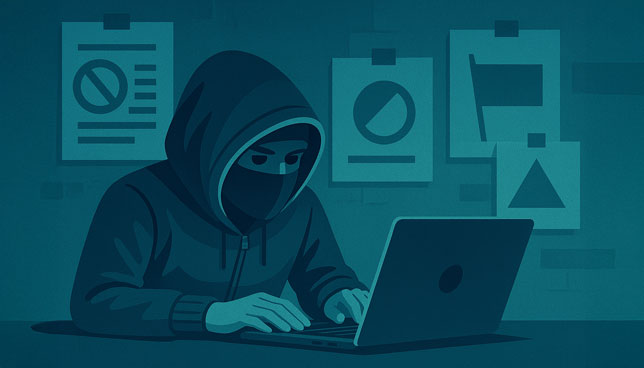Hacktivism Is a Rising Menace to Increased Schooling
Lately, schools and universities have confronted an evolving array of cybersecurity challenges. However one menace is displaying indicators of changing into each extra frequent and extra politically charged: hacktivism.
Hacktivism, or cyberattacks pushed by political, ideological, or social motivations, shouldn’t be new to increased schooling. Previously decade, campuses have been hit by every little thing from web site defacements to distributed denial-of-service (DDoS) campaigns geared toward disrupting occasions. In some circumstances, these assaults have been performed by college students or alumni; in others, they have been launched by international actors with no direct tie to the establishment.
Nonetheless, current occasions counsel that increased ed leaders can not view hacktivism as an occasional nuisance. As a substitute, it’s quick changing into a persistent, high-impact danger.
A Warning Signal: Columbia College’s Latest Breach
In June, Columbia College suffered a targeted cyber attack that stole hundreds of thousands of previous admissions information. The self-described hacktivist claimed the objective was to reveal whether or not Columbia continued race-based admissions after the Supreme Courtroom’s 2023 affirmative motion ban. College officers referred to as the assault subtle and politically motivated.
The breach did not happen in a vacuum. On the time, Columbia was already beneath intense scrutiny on a number of fronts: federal investigations into its affirmative motion practices post-SCOTUS ruling; $400 million in federal analysis funds frozen over mishandled antisemitism complaints; and restrictions on campus protests amid mounting political and public strain.
Simply months earlier, New York College suffered an identical politically charged intrusion by which its website was briefly replaced with what gave the impression to be admissions information and a racial epithet.
These circumstances replicate a broader sample of ideologically motivated assaults on tutorial establishments, usually supposed to advance political or geopolitical agendas. Within the U.S., Traditionally Black Faculties and Universities (HBCUs) have confronted repeated “swatting” incidents meant to intimidate and disrupt. Globally, universities within the U.Okay., Australia, and Israel have additionally develop into symbolic targets in geopolitical conflicts.
The Subsequent Section of Hacktivism in Increased Ed
The rise in hacktivist exercise is happening towards a backdrop of heightened political polarization and important adjustments in federal coverage towards increased schooling. These shifts have created new fault strains that unhealthy actors might exploit.
It is necessary to notice that this isn’t a one-sided menace. Hacktivist concentrating on can come from throughout the political spectrum, formed by the narratives that dominate both sides’s discourse:
- Proper-leaning attackers might goal establishments they imagine are defying new federal directives on admissions, variety packages, or campus speech. Latest right-wing narratives have centered on points like COVID-19, election fraud claims, international assist, and immigration, typically fueled by misinformation.
- Left-leaning attackers, in the meantime, might goal colleges seen as supporting such directives. Left-wing narratives usually concentrate on police brutality, systemic racism, financial inequality, and the Israel-Gaza battle, typically accusing establishments of siding with firms, the rich, or governments at the expense of social justice.



